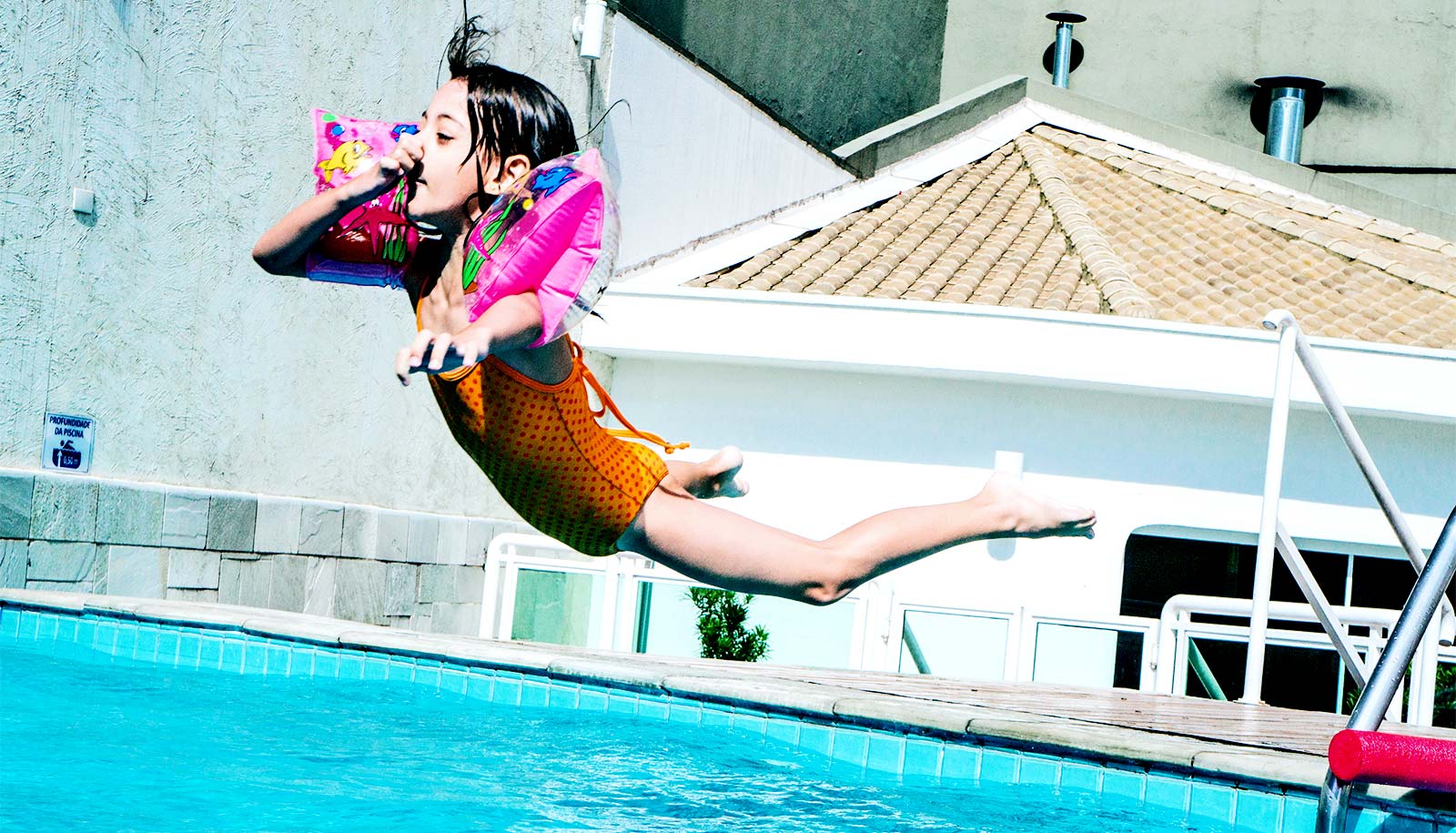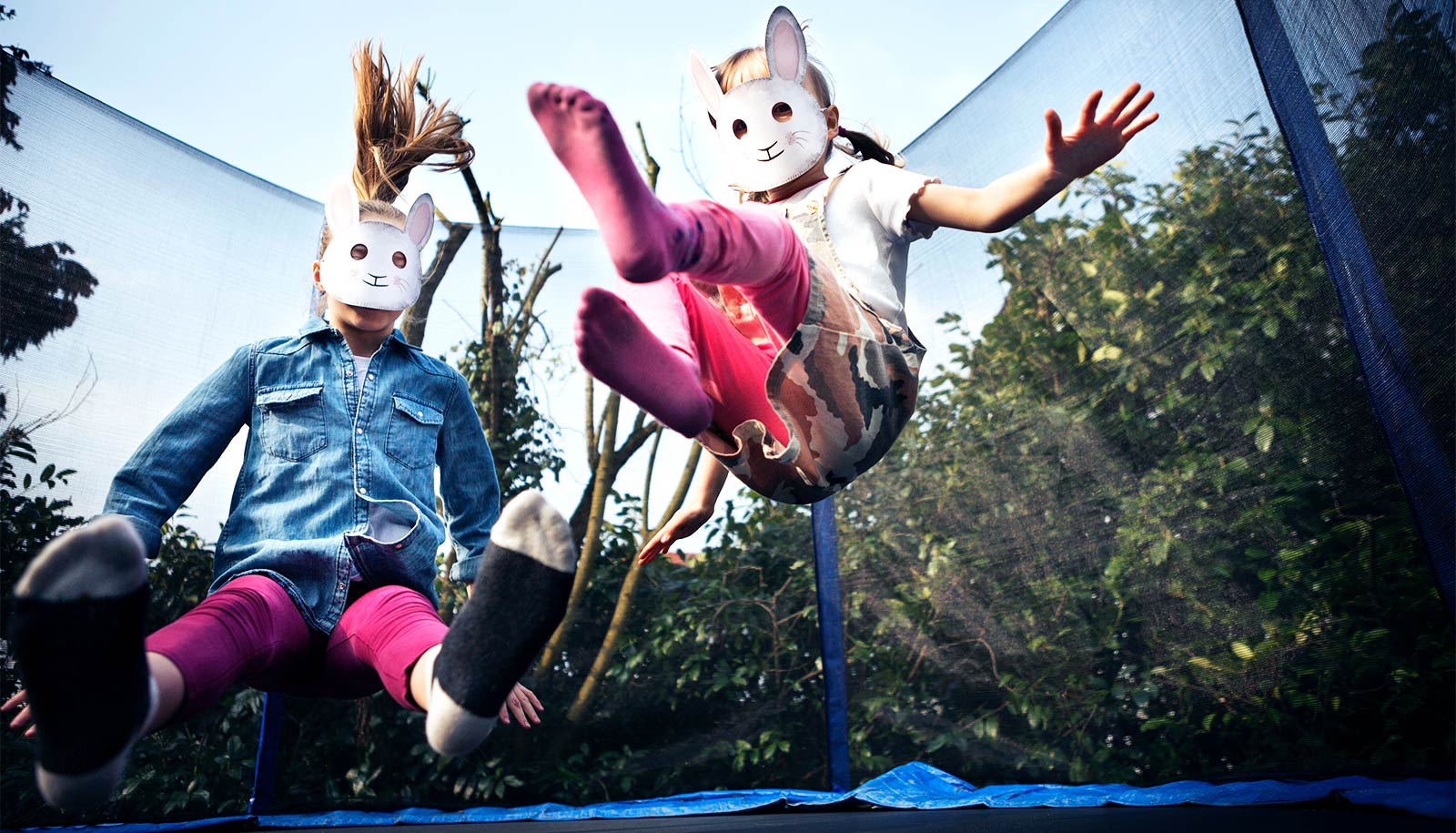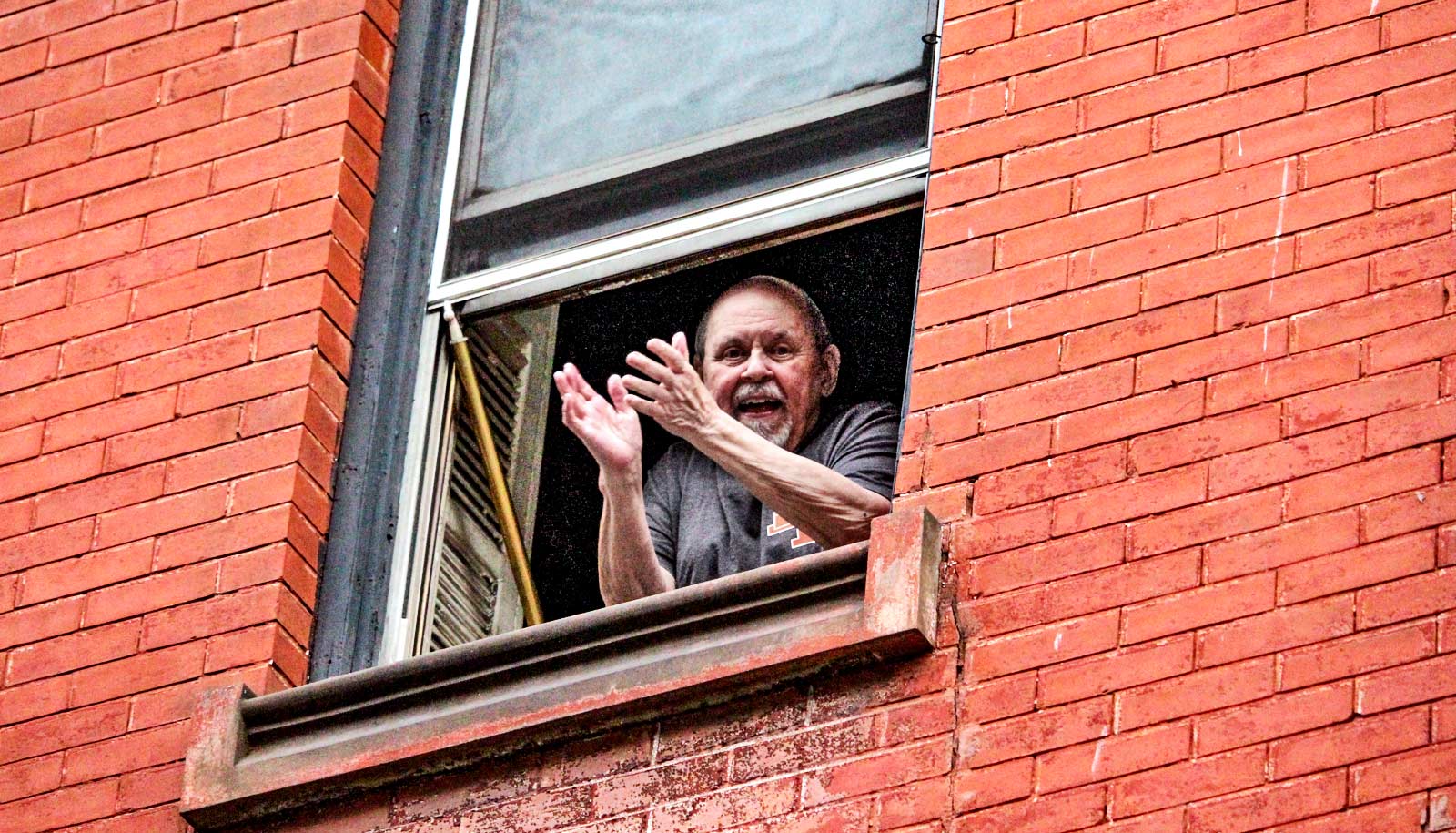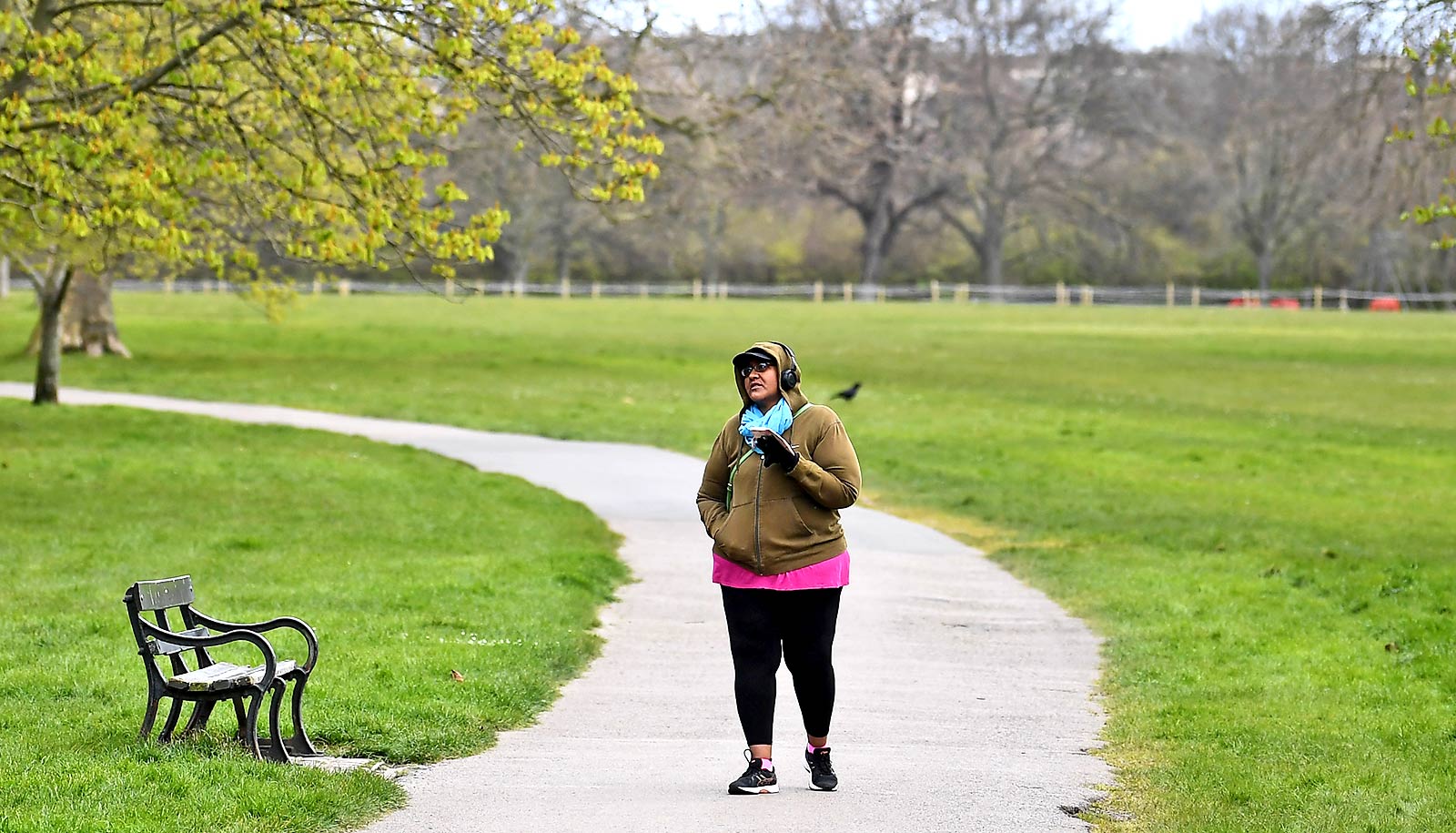Summer travel may be limited this summer due to the COVID-19 pandemic, but taking a vacation isn’t impossible, an epidemiologist says.
States are reopening and inviting tourists—and their dollars—to return. But is it safe to take a trip? What do we need to know about hotel or Airbnb lodgings? About eating in restaurants? About large public gatherings?
“Assume everyone around you is infected and act accordingly.”
Karen Edwards, professor and chair of epidemiology at the University of California, Irvine (and an enthusiastic traveler), says that while there are lots of places to avoid, there are things you can do to limit your risk of getting COVID-19 while vacationing.
Here, Edwards offers her take on the least safe travel spots and tips for staying healthy if you do decide to take a vacation this summer:
Not knowing what will be open to the public, what kind of trips are safest?
Road trips that include outdoor activities are a good bet, but remember to follow social distancing and good hygiene practices no matter what you do.
How do you and your family keep safe as you travel?
Hand-washing frequently and thoroughly, wearing a mask when in public spaces, maintaining good health, staying hydrated, getting good rest, relaxing, eating well, and exercising.
What are some things you should do or bring to help ensure safety once you arrive at your destination?
Bring masks and sanitizing wipes so you can wipe down any surfaces. If you’re flying, wipe down tray tables, seat belt buckles, and armrests.
What are the riskiest places to visit?
Places where the epidemic is not yet under control and still on the increase.
If travel is out of the question, what might be safest to do in Southern California?
Outdoor activities, such as hiking, biking, walking, swimming, surfing, etc.! We’re lucky: We have lots of great choices close to home.
Under what circumstances will it be safe to return to museums and theaters, or arenas and stadiums?
I would definitely wear a mask and try to maintain a healthy distance, but I would continue to avoid large groups of people in closed indoor spaces until there are no longer new cases.
So, do you see a scenario where it’s OK to go to football and baseball games, provided they’re outdoors? If so, how can that be done?
Not in the near future—our numbers in California (and many other parts of the country) are still climbing and large gatherings and events such as these would likely contribute to increasing numbers and continuing an upward trajectory of the epidemic curve. I think it would be extremely challenging to implement any kind of screening or social distancing to reduce risk of spread of infection to a level that would warrant opening of such events, even if they are outdoors.
I know we are all anxious to get back to activities such as these, but the momentary benefit of attending one of these events is not worth the cost we will all pay. The epidemic curve is still increasing, and the spread of infection is not yet under control. These types of activities make it harder to flatten the curve and get to a point where we really can say we have this epidemic under control.
What about airports and flying?
Similar to public events. Some airlines have indicated that they would not place people in middle seats to try and increase social distancing, but depending on the layout of the plane, that may not be enough.
I would only fly right now if it were absolutely necessary, and I would be sure to wear a mask, have hand sanitizer, maintain a healthy distance from others in the airport, and wash my hands as often as possible.
Do you have any other tips or recommendations?
Assume everyone around you is infected and act accordingly; wear a mask when in public, and wash your hands as often as possible.
Source: UC Irvine



